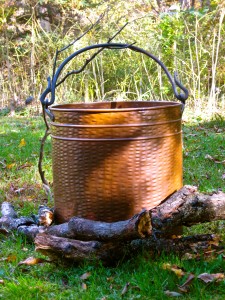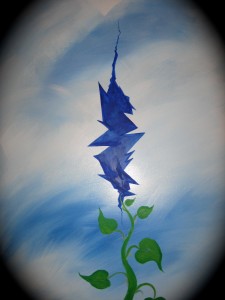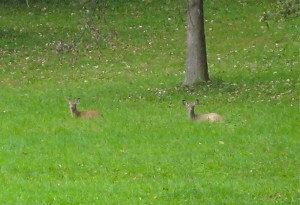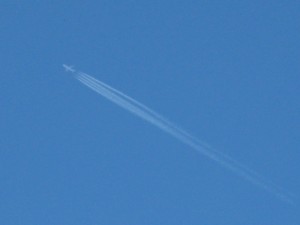During recapitulation we use intent to shift us into places of non-ordinary reality where we discover parts of our personal history hitherto completely unknown to our everyday selves. Although we may encounter many triggers in everyday life—events that evoke anxiety, fear, bodily sensation or fleeting images of prior experiences—the full knowing of the events of our lives requires that we shift into non-ordinary reality to retrieve the full truth of our lives lived.
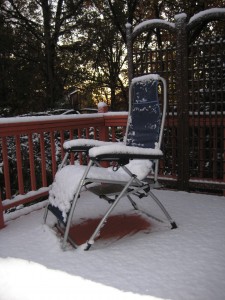
Whenever we experience events in life that fall outside the realm of normal, our hold on reality is threatened. Inwardly these events are experienced as overwhelming and disintegrating, often accompanied by dizziness and nausea. Our sense of self that is based on normal reality is forced to dis-integrate under the impact of experience that happens outside of everyday expectations. In order to hold onto some sense of a cohesive, recognizable self when the experience ends, a set of reorganizing defenses are employed to make the experience fit into normal expectations, or reality as we expect it.
These defenses range from rationalization—where a non-rational experience is cut and pasted into a rational one—to repression, where the experience is completely lost to memory; it simply doesn’t exist in one’s personal history.
As we go deeper into the intentional process of recapitulation, the body opens the hidden reservoir of personal history stored from experiences of non-ordinary reality. The body takes us into a direct, unedited reliving of those experiences. This is not a process of mental cogitation or speculation, this is an experience of direct knowing. This is the experience of worlds colliding, the world of ordinary reality with the world of non-ordinary reality.
As these worlds meet, so do different selves meet. The self constructed from experiences of normal reality meets the self resulting from experiences of non-ordinary reality, each isolated and unknown to the other until the moment of collision.
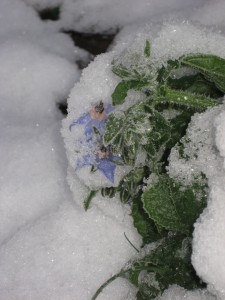
The impact of the truths of experiences from non-ordinary reality upon our working sense of self and the world at large is deeply challenging. Suddenly we may be forced to face the fact that people we have loved and known to be good people actually violated us in horrific ways. We might also discover that things we definitely did in states of non-ordinary reality, like leaving our bodies, defy our rational grasp of the world. We might also discover that behaviors that we have engaged in for a lifetime that have led us to a sense of a deeply flawed, bad self, were actually defensive maneuvers to rearrange reality and make survival palatable.
The self of survival is not the true self. Constructed or not, flawed or not, it nonetheless is and has been the working definition of self, the familiar self, the self that has held down the fort for decades. In recapitulation that self is asked—or forced at a certain point—to take the journey to find the self locked away in non-ordinary reality. This is the ultimate journey that removes the barriers to all the truths and allows for the mergence of worlds, resulting in the full birth of the true self.
As we work our way through recapitulation, we encounter the defense of doubt—the enduring sentinel of the self of ordinary reality. I call it enduring because it is astounding how, despite a growing sense of deep knowing of experiences from non-ordinary reality, it persists in its ability to cast a long shadow over the validity of those experiences.
In a recent article from Harvard Magazine (Nov-Dec 2011) reference is made to a study that determined that repression—dissociative amnesia—is a “pseudo-neurological symptom that lacks medical or neurological basis.” The researchers conclude that repressed memory is a “culture bound symptom,” a product of 18th century Romanticism following the Age of Enlightenment. They hypothesize that the notion of repressed memory endures into our time due to its attractiveness as a dramatic device.
Studies like this show the power of doubt employed to preserve a rationally constructed world of ordinary reality. This is the kind of energy behind the concept of “false memory syndrome,” constructed to shut down forever any attempts to expose the truths of events stored from encounters with non-ordinary reality.
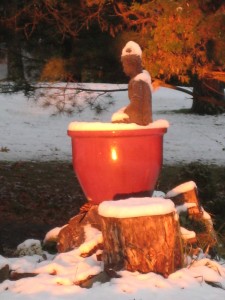
Doubt serves the process of recapitulation to the extent that it insists that the events of non-ordinary reality be fully experienced and fully known. However, at a certain point, it’s time for the old sentinel to put down its sword, a worthy warrior that has protected an old world so gallantly for long enough.
It’s okay, it’s time to allow the new self, the true self to be in the world, in full possession of all parts of itself, with all of its powers in hand. This is the self that can handle the truths of all worlds, an evolved self, ready to lead and fully enjoy real life!
Chuck

